Question And Answer
Publications
Articles, publications, books, tools and multimedia features from the U.S. Institute of Peace provide the latest news, analysis, research findings, practitioner guides and reports, all related to the conflict zones and issues that are at the center of the Institute’s work to prevent and reduce violent conflict.
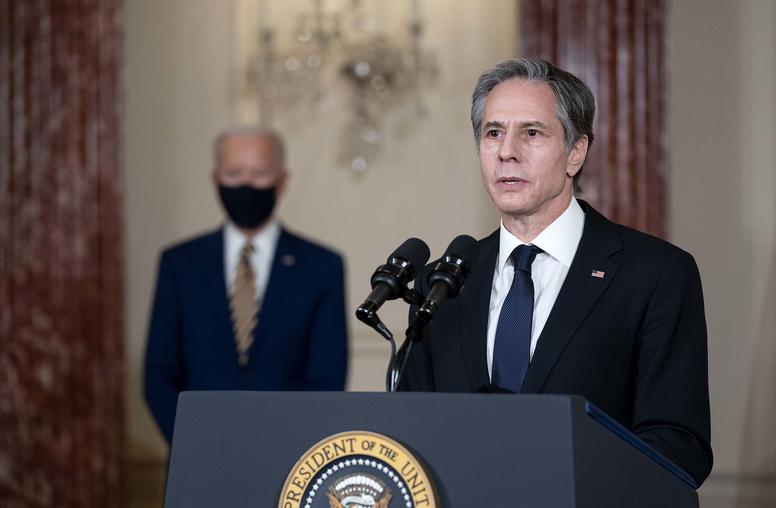
Can Blinken’s Letter Jump-start the Afghan Peace Process?
With intra-Afghan talks gridlocked and the U.S. troop withdrawal deadline looming, Secretary of State Antony Blinken proposed new plans to advance the peace process in a letter to Afghan President Ashraf Ghani. The letter recommends several efforts to “move matters more fundamentally and quickly” toward peace, including a U.N.-convened conference of key regional actors, a senior-level meeting between the Afghan government and the Taliban hosted by Turkey and a 90-day reduction in violence to head off the Taliban’s annual spring offensive. Blinken also recommended an interim power-sharing government composed of Taliban and other Afghan leaders.
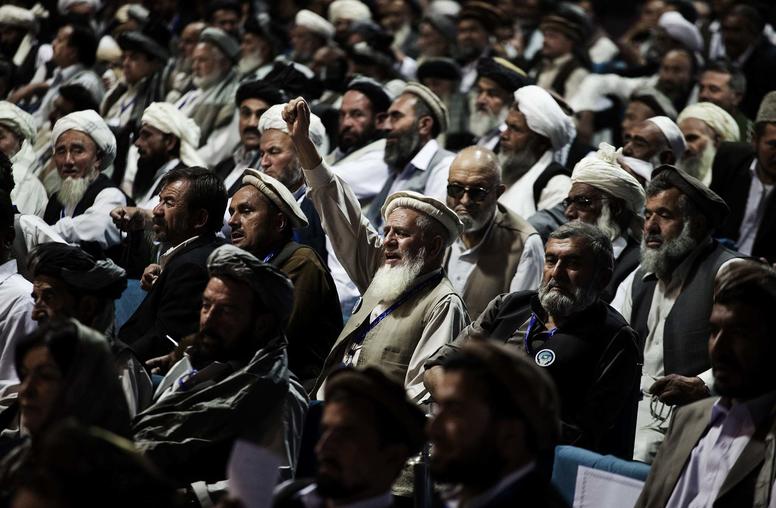
Afghan Peace Talks: Could a Third-Party Mediator Help?
At present, the Afghan peace negotiations (APN) between the Afghan government and the Taliban do not involve any third-party presence beyond hosting and supporting roles. The parties to the conflict and members of the international community might consider the benefits of a neutral, third-party mediator to help resolve the impasses that have dogged and delayed the negotiations so far. While the presence of a mediator does not guarantee success, there are very few examples of a significant peace agreement that has been reached without some sort of third-party facilitation or mediation.
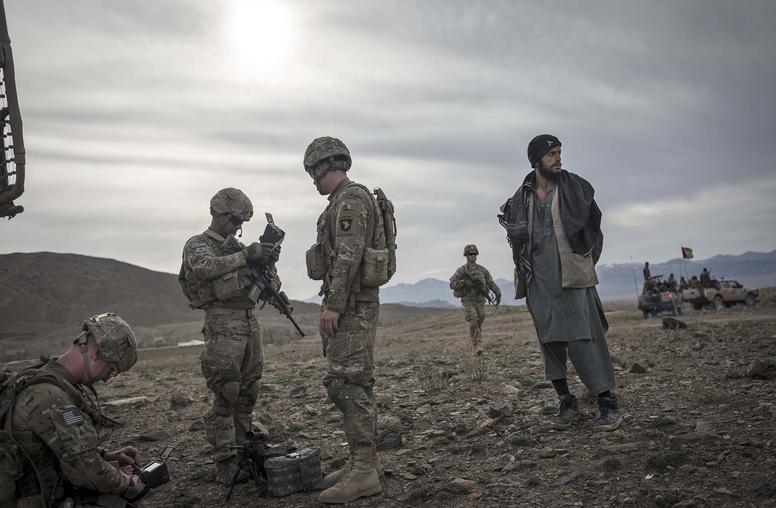
Afghanistan Withdrawal Should Be Based on Progress on Peace, Study Group Says
The Biden administration should commit to the Afghan peace process but seek an extension of the May troop withdrawal deadline stipulated in the February 2020 U.S.-Taliban deal, said the bipartisan Afg

Scott Smith on U.S. Troop Withdrawal from Afghanistan
With news of a breakthrough in Afghan peace talks, USIP’s Scott Smith warns that future troop withdrawal should “switch from a time-based deadline approach to a conditions-based approach” because if the Taliban believe withdrawal is inevitable, “they have no incentive to compromise.”
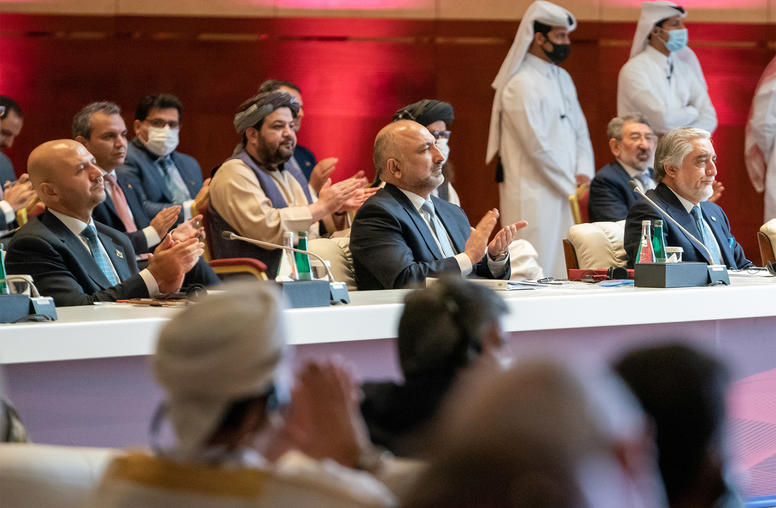
Five Things to Know About the Afghan Peace Talks
The intra-Afghan negotiations that began on Saturday represent a watershed moment in the war: the first direct, official talks between the Taliban and the Afghan government. These historic talks commenced 19 years and one day after al-Qaida's 9/11 terrorist attacks drew the United States into Afghanistan's civil war. Just getting the Afghan government and the Afghan Taliban to the table is an accomplishment. The main reason the talks materialized is the U.S.-Taliban agreement signed in February of this year; that agreement delivered a timetable for the eventual withdrawal of foreign troops, which met the Taliban’s years-long precondition for opening talks with the Afghan government.
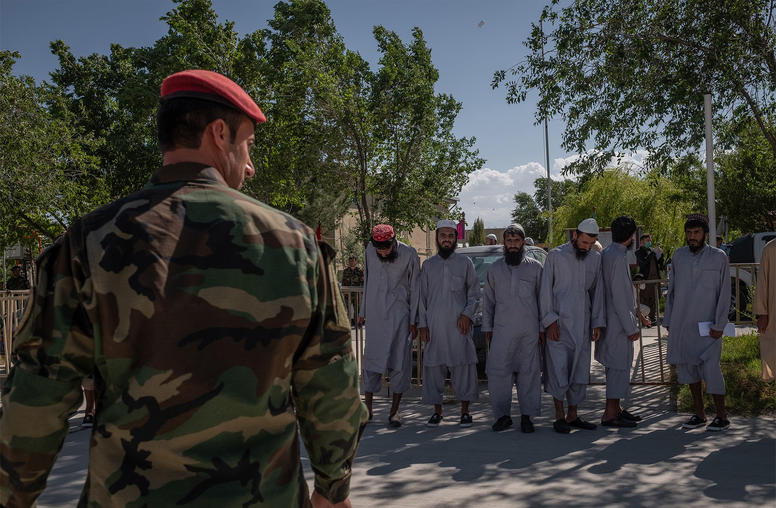
Afghan Peace Talks: Prisoner Release Paves Way for Direct Negotiations
Afghan President Ashraf Ghani on Sunday said that his government would release the last batch of Taliban prisoners, ostensibly removing the final hurdle to direct negotiations with the insurgent group. Intra-Afghan negotiations were originally slated for March 10 as part of the U.S.-Taliban deal signed in late February, but were delayed due to disagreements over prisoner releases. The Afghan government and Taliban had committed to releasing 5,000 and 1,000 prisoners respectively, but the final 400 Taliban prisoners had been accused or convicted of major crimes, including murder. Ghani only made the decision to release those prisoners after he called for a consultative assembly, or loya jirga, to advise on the decision. USIP’s Afghanistan experts explain why Ghani convened the loya jirga, what to expect in the early stages of talks, and what role the United States can play.
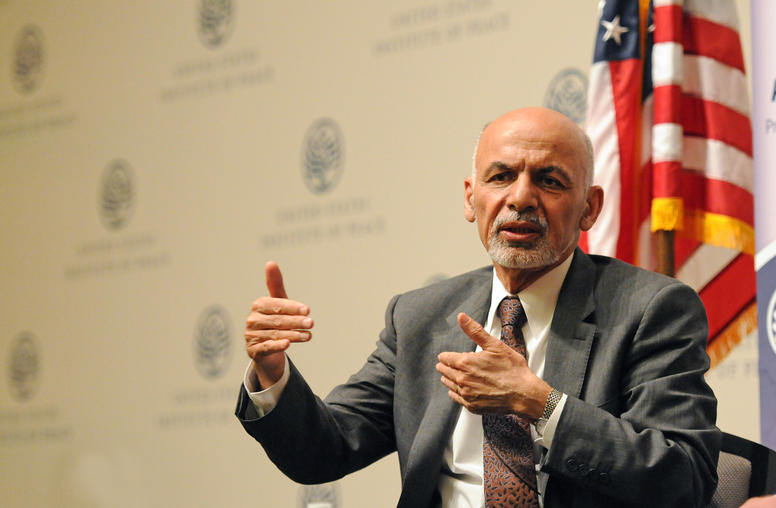
Afghan President Ghani: Freeing Prisoners Can Speed Peace Talks
Afghanistan’s government is accelerating its release of thousands of Taliban prisoners as a step toward peace talks, President Ashraf Ghani told an online audience today. The number of prisoners freed should now surpass 3,000, Ghani said, announcing that 2,000 more will be released “within a very short period.” That move, taking the total of freed Taliban fighters to 5,000, would fulfill a central Taliban pre-condition for peace talks. Ghani voiced optimism that a rare “window of opportunity” has opened for peace negotiations, but said further steps are vital to seize the chance to end the nation’s 40-plus years of warfare.
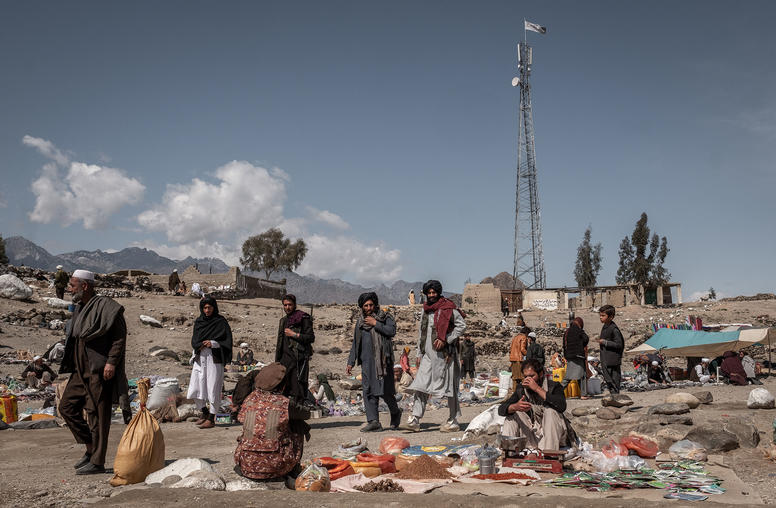
Is the Afghan Peace Process Back on Track?
A three-day cease-fire between the Taliban and Afghan government over Eid al-Fitr expired on Tuesday. This was only the second such cessation of hostilities in the nearly two-decade war. And just two weeks ago, President Ashraf Ghani and his rival, Abdullah Abdullah, agreed to share power after a monthslong dispute over the 2019 presidential election. These developments have injected renewed hope that a political solution, negotiated among Afghans, is still possible. USIP’s Scott Smith looks it all means for the peace process, when we can expect the vital intra-Afghan negotiations to begin, and what, if any, impact COVID-19 has had on peace.
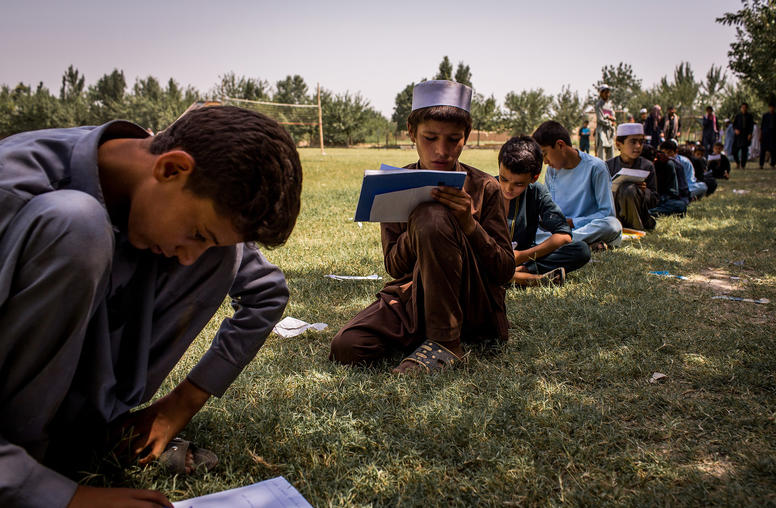
Service Delivery in Taliban-Influenced Areas of Afghanistan
In 2018 and 2019, USIP partnered with the Afghanistan Analysts Network (AAN), a Kabul-based research and policy organization, in an effort to understand how the Taliban provide education, health, and other services to people who live in areas where they are the dominant power. Based on a series of studies conducted by AAN in five districts across the country, the report also examines the Taliban's motivations as a governing entity and their implications for a potential peace settlement.
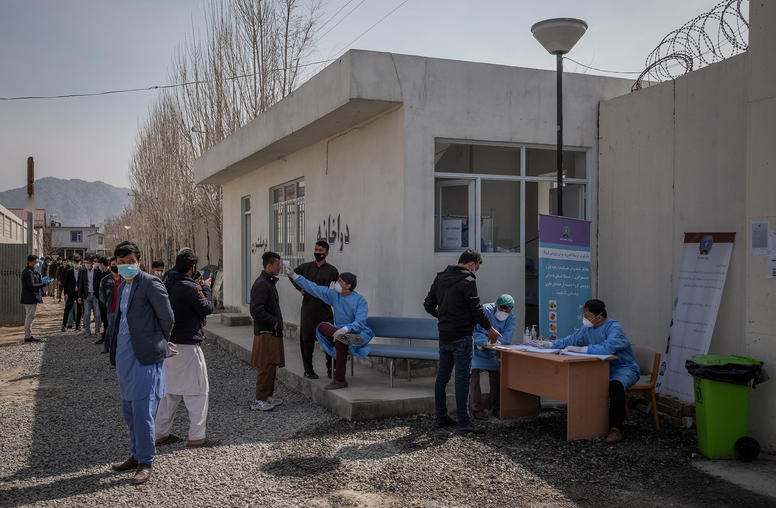
Coronavirus Poses Yet Another Challenge to the Afghan Peace Process
The Afghan peace process has been at a stalemate for weeks, as President Ashraf Ghani and the Taliban remain far apart on the logistics of prisoner releases. Intra-Afghan talks that were tentatively scheduled for March 10 have not got off the ground. Meanwhile, the disputed presidential election has led to two rival camps claiming the legitimacy to govern. U.S. Secretary of State Mike Pompeo’s effort this week to bring the parties together failed and led the U.S. to reduce aid to Afghanistan. Amid all this uncertainty, Afghanistan is beginning to see the signs of a coronavirus outbreak, which could devastate the country given its poor health infrastructure and pollution problems. USIP’s Scott Smith explains how the coronavirus could further exacerbates an already complex situation.